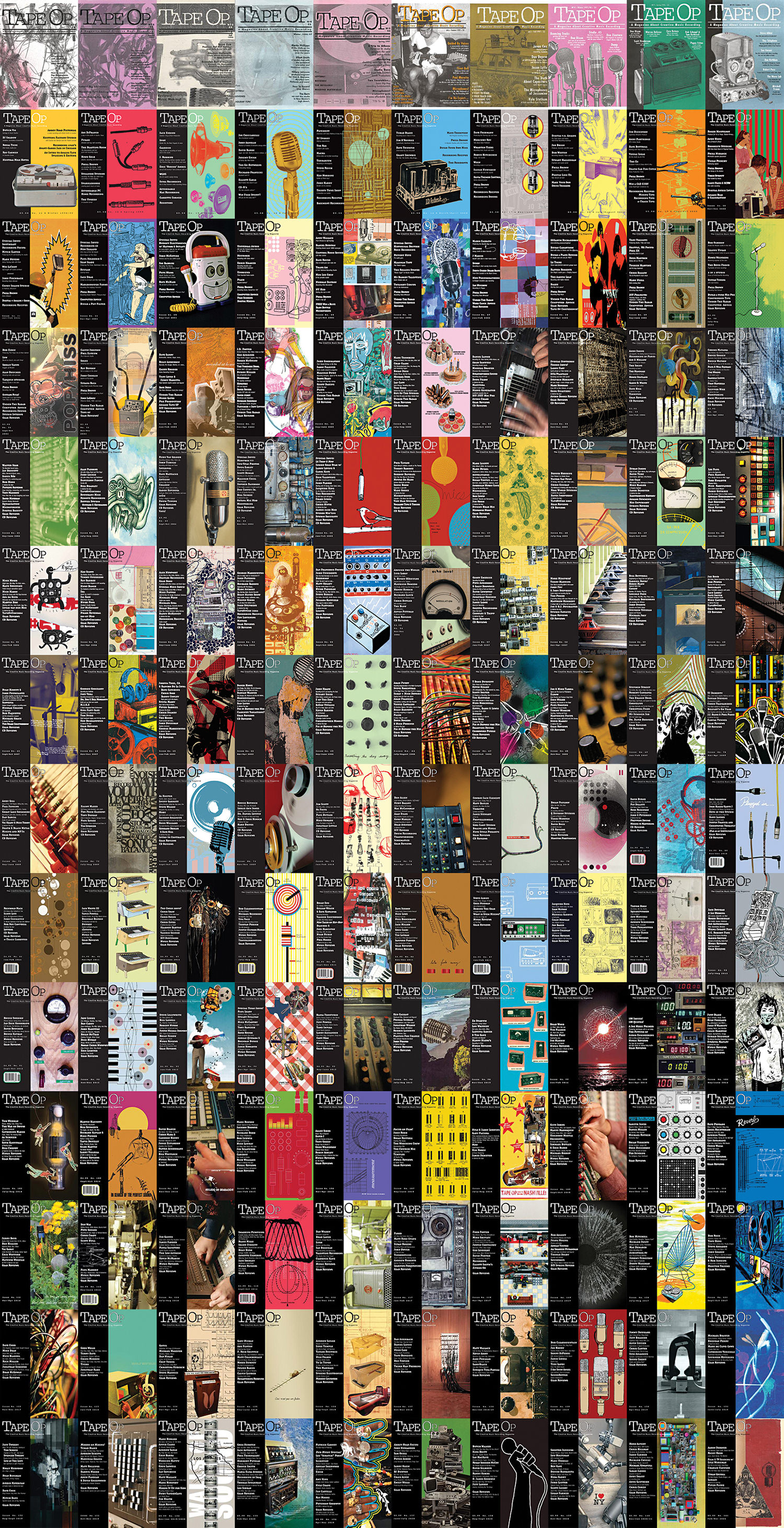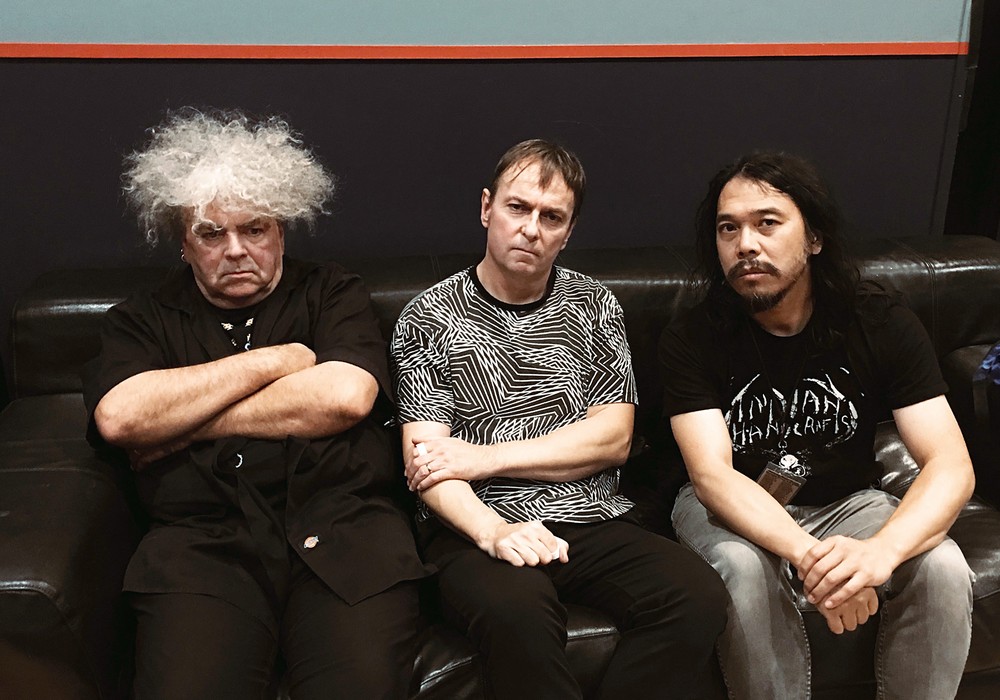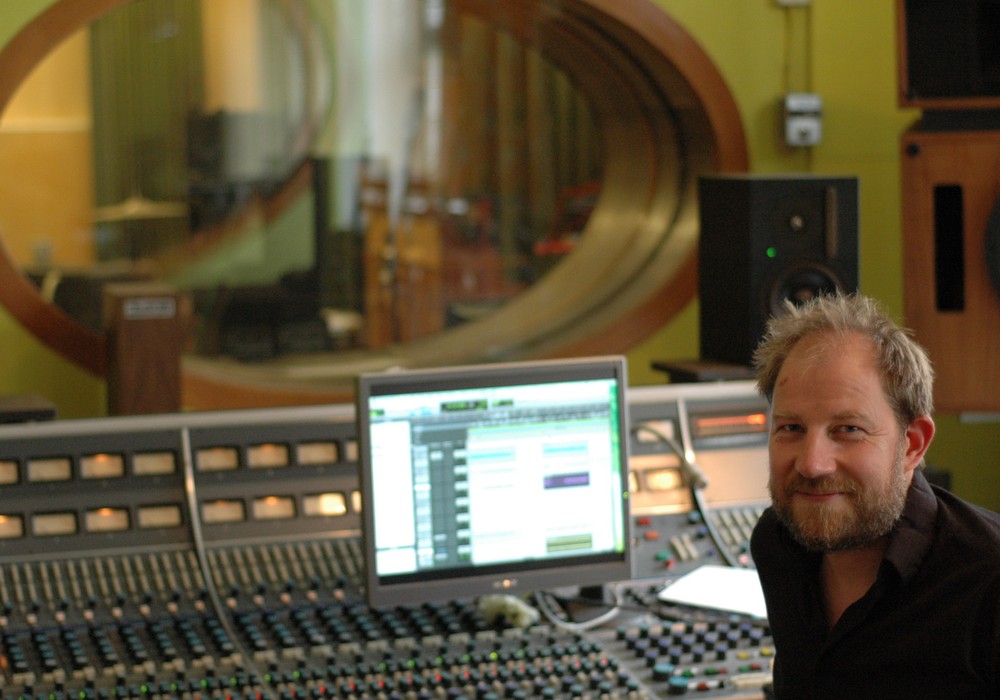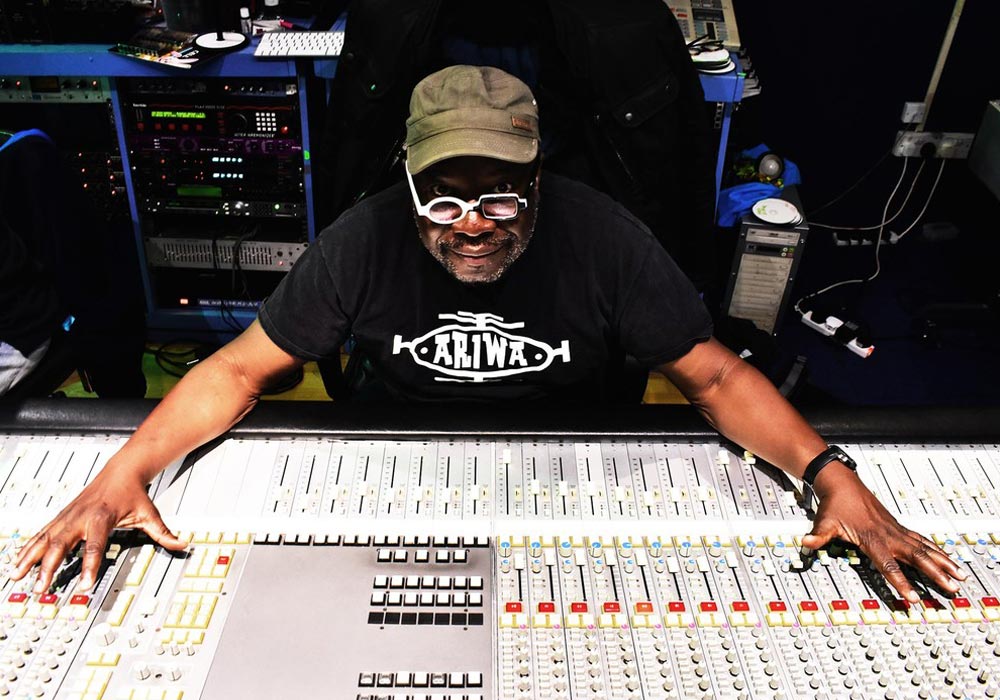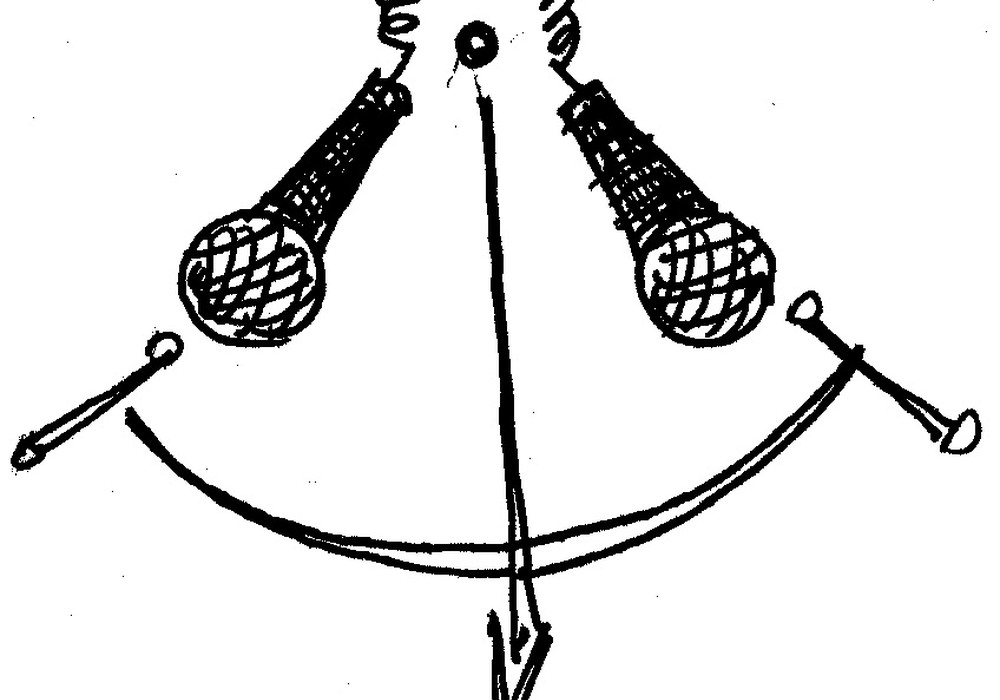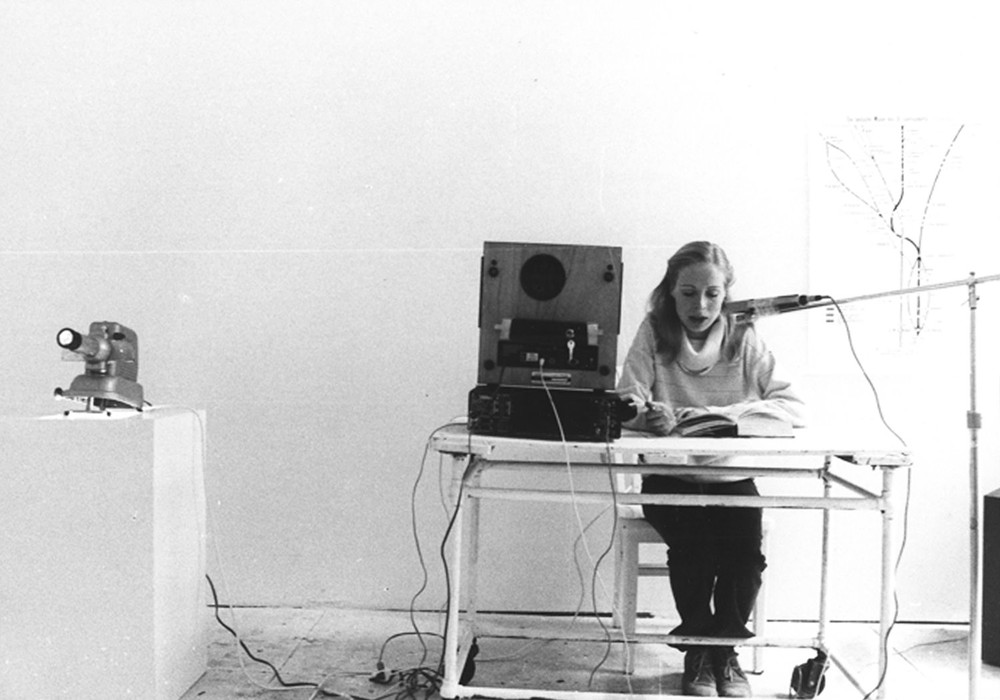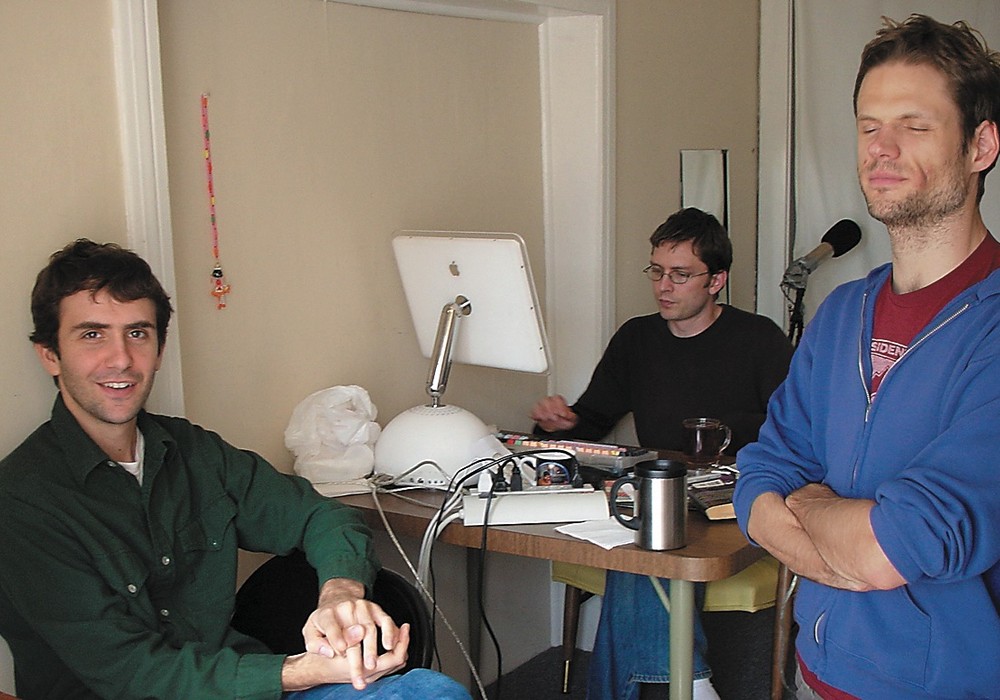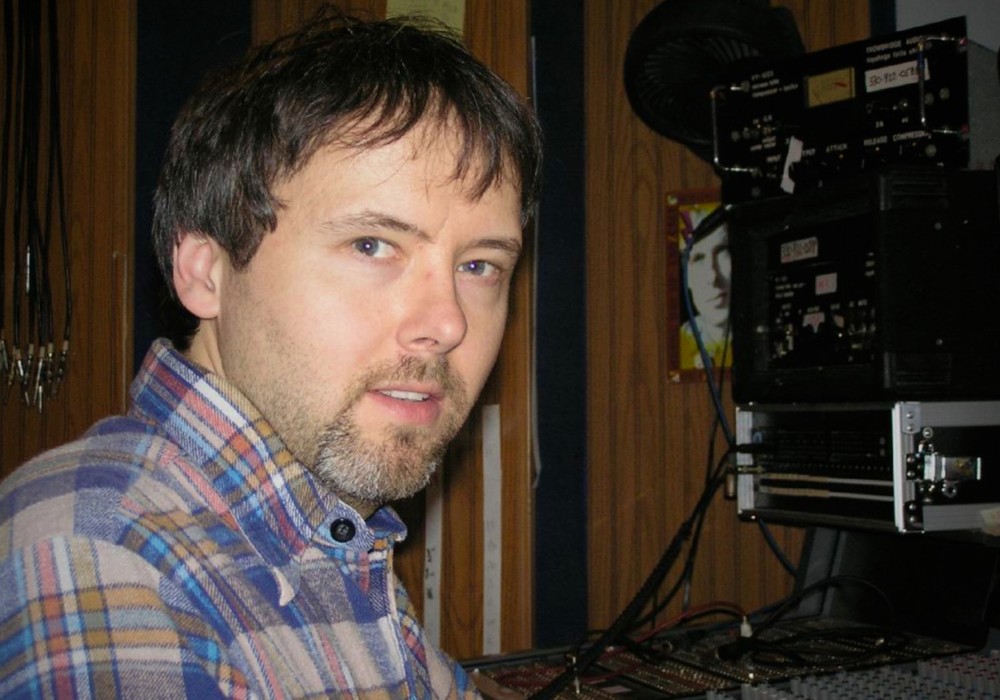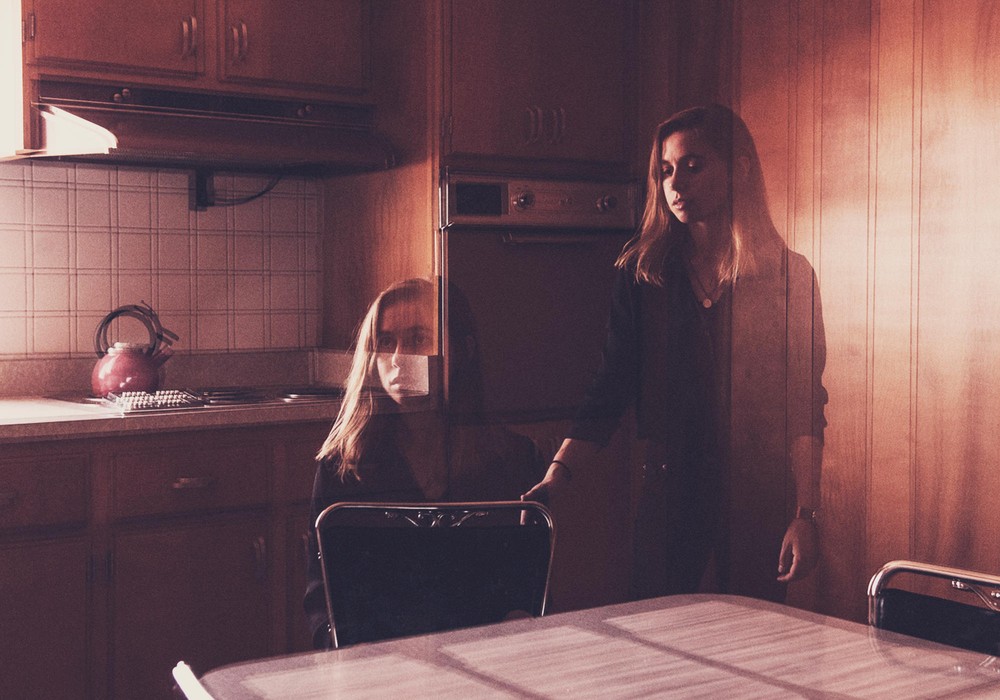At this point, Buzz Osborne and Dale Crover are the Melvins. They’ve recorded over 29 studio albums in all types of spaces and show no signs of slowing down. I caught up with Buzz and Dale for a couple of days on their “double bass player tour” (with Jeff Pinkus and Steven McDonald [interviewed this issue]) and talked to them about their ideas regarding making records, overdubs, and knowing when a recording is done. Jon Spencer even dropped in for part of our chat. How do I know these guys? I make records as Conan Neutron & the Secret Friends with Dale Crover on drums, and I’m also a continuing client at their studio, Sound of Sirens, with producer/engineer Toshi Kasai (interviewed this issue as well).
You have a dedicated space where you make records with Toshi. You have it dialed in, are able to quickly get sounds, and are able to work in a nimble way. How long has that been active?
Buzz Osborne: Five years; maybe six.
Hostile Ambient Takeover was the first record?
B: With Toshi, but that was in a studio. Then the last one we did in a studio was The Bride Screamed Murder.
Dale Crover: When we first met Toshi he was working at this place, Hook [Sound Studios]. I think Buzz met him first with the Tool guys. We were looking for a place to record, his name came up, and that’s how we hooked up with him.
You’re not analog purists there, by any stretch of the imagination?
B: No, not at all. I don’t care about any of that. We’re very much of the belief that you can make a crappy record with any recording technique. We challenge anyone to say you can’t make a crappy recording with analog.
D: Or how about all those digital drums they recorded in the ‘80s onto analog tape? There’s plenty of analog gear that it goes through anyway; it just doesn’t hit the tape machine. Toshi has that ‘70s Yamaha board [PM-1000]. He said they made them for live use, but the modules in them are really similar to Neve [consoles]. He’s built his own gear, too. I think recording on digital has opened up a billion more possibilities. Sure, people make crappy music, but I think it’s made everything easier and more cost-effective too. Easier for us to make records, because we don’t have to blow hundreds of dollars on reels of tape. Since it is our own space and we’re not on the clock, that takes so much weight off everything. But having the freedom to do that hasn’t made it to where we’ve slacked off or anything. Having our own place has caused us to record in a much different way than we ever would have.
How has that specifically changed your creative process?
B: We can record whenever we have a song.
D: We can get it to where we think it sounds good and go from there.
B: Everything’s set up for recording.
The studio itself is not that large.
D: There was just the room. Toshi threw up some blankets to isolate where he had his little mixing area. Then, eventually, we built a control room, and there’s also a nice little booth in the back.
It’s not the most pristine environment outside, but there’s not any bleed or anything.
B: Oh, lord no!
D: It has a practice room type of vibe. It’s very comfortable.
B: I’m tired of the pro thing. I want something much more relaxed.
Jon: Do you guys find that because you have the luxury of your own place it’s easier to compose and record, or do you find you don’t get anything done? I like it when I have to go somewhere else.
B: We still schedule ourselves in when we’re going to work there. It all started in our practice place that we had, when Toshi would bring his gear there and we’d set up to record for a month. We would record during the day, and then me and him would sit there and screw around after everybody left. That got him thinking that we should get a space.
D: He’d wanted to for a long time, but for some reason he had a hard time and didn’t think it was possible. Then he started looking into spaces and found something out in the [San Fernando] valley that was relatively inexpensive.
B: The owner loves us because we pay our bills. He said, “You can do whatever you want.” There’s nobody around our space who are musicians. It’s an industrial area. We work during the day, usually. I don’t like to work late at night; I like to get done early. If I have a song and start showing it to Crover, once he has it it’s probably not going to get better than that. We might improve on it a little bit, but let’s track...
